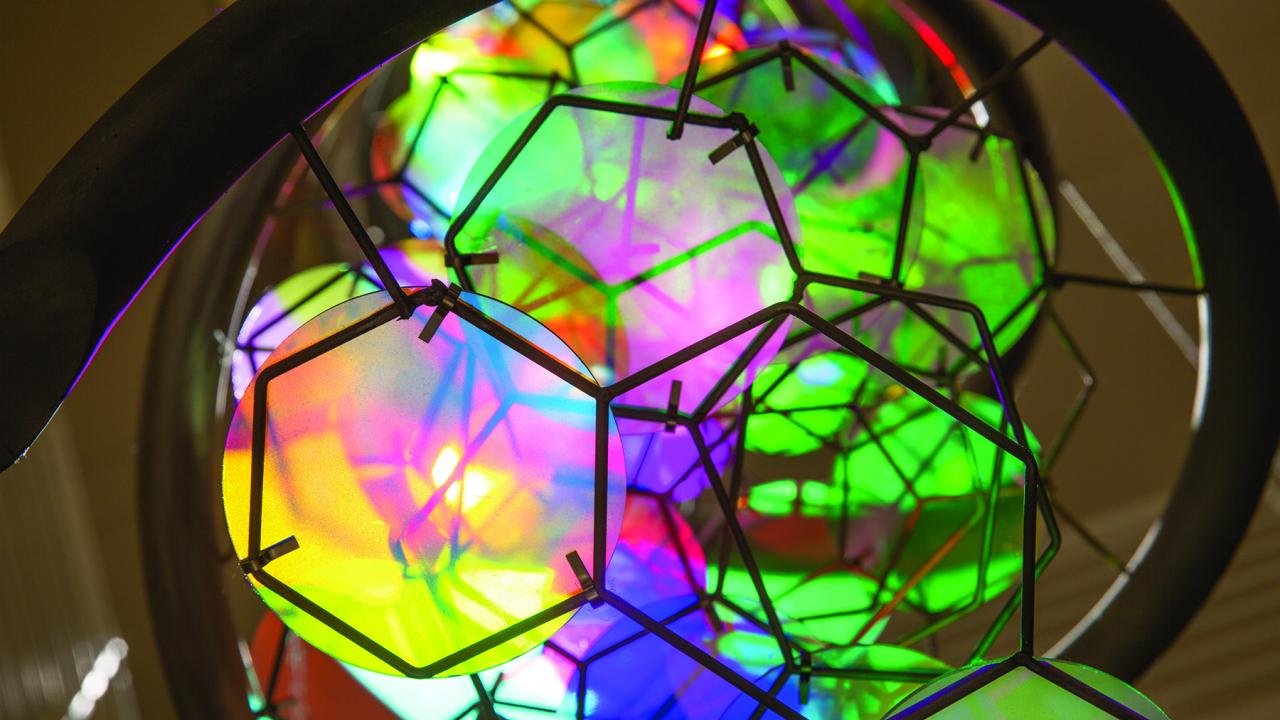
Comai and Lagarias Recognized by American Society of Plant Biologists
Two professors from the College of Biological Sciences have been recognized for their contributions to plant biology by the American Society of Plant Biologists.
“Throughout their careers, Professors Comai and Lagarias have conducted critical research that increased our ability to produce food and other important commercial crops,” said Mark Winey, dean of the College of Biological Sciences. “They have significantly contributed to food security for the people of the planet.”
Herbicide-resistance transforms agricultural production
Luca Comai, professor of plant biology, has been recognized with the ASPB Innovation Prize for Agricultural Technology. Comai is recognized for his contribution to the engineering of glyphosate-resistance (Roundup herbicide) in crops.

Luca Comai, professor of plant biology
This research was carried out early in his career, during the 1980s. Glyphosate-resistance allows food producers to eliminate the weeds that compete for resources with growing crops, which has significantly improved food stock yields and redefined the agricultural production industry.
Comai joined UC Davis in 2006 and continues to develop approaches to functional genomics and genome analysis, with an emphasis on chromosome regulation. He develops and improves methods to discover mutations in plant genes.
Understanding how plants sense light leads to better crops
J. Clark Lagarias, distinguished professor of biochemistry, has been recognized with a Fellow of ASPB award for his long-term contributions to plant biology and service to ASPB. His research seeks to develop ways to alter the light responsiveness of agriculturally significant plant species.
Lagarias’ research focuses on understanding phytochromes, the light-sensing pigmented proteins that help plants detect, respond and adapt to light in their environment. Phytochromes’ response to light signals trigger plants to flower, drop their leaves or increase growth when competition for sunlight occurs.

J. Clark Lagarias, distinguished professor of biochemistry
His studies color detection of this light sensor family and uses this knowledge to reengineer phytochrome genes to improve crop production for food, plant fiber and renewable energy.
Lagarias is also a reviewing editor for The Plant Cell, the flagship journal of ASPB.